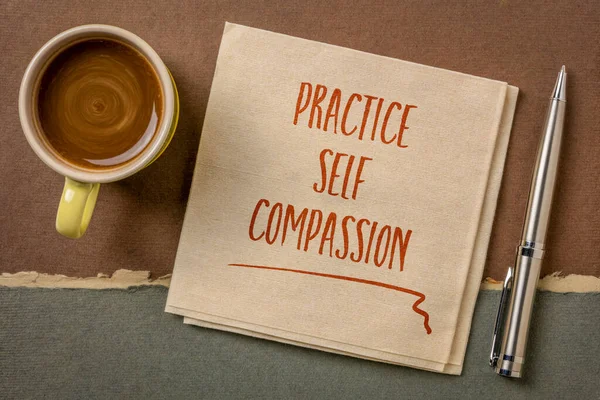Compassion: A Check in with Yourself
In a world with a culture where we often use the word love and compassion quite generously, it’s often an irony, many of us may be cognizant off or not, why there is still so much pain in human life, if only we really had enough compassion.
The first step to using compassion as a tool, a life skill, a value, is to soak and embrace oneself, with self-compassion. The next question that might come up in your mind would then be, what exactly does that mean and what would that look like practically in day-to-day life?
On a daily basis it would mean, when you miss the alarm and struggle to wake up, you say to yourself “ it’s been a busy few days/ weeks, months, year, and it only makes sense I feel tired and fatigued”. When you miss a time line at work or school, you don’t go hard on yourself in a way that leads to a spiral of negative thoughts. Instead, you stop and say with compassion to yourself “that wasn’t ideal, but I need to look into why this happened, or is happening, and to understand what I need to do differently.”
Another example, is when you have a hard time with interpersonal relationships, and start labelling yourself as a “people pleaser.” Instead, you can notice and recognize that you tend to have unhealthy boundaries. It is an opportunity get started on a journey of self-awareness and self-reflection with a lot of compassion and kindness for yourself. Or if you are experiencing relationship issues or notice a line of patterns in your relationships, instead of being critical to yourself, or calling yourself a “failure,” you can decide to engage in self-compassion, where the change involves healing, and learning about why you do what you do.
Once you start practicing compassion for yourself, it sets you on the path to healing because you then have enough compassion for people. You find yourself having the strength and courage to work and manage the problems you encounter in your life, and are more able to forgive the people in your life who did what they did. You will then either work on these relationships or let them go without being resentful.
You also learn to ensure that you understand the difference between pain and suffering. Everyone has pain in life, but pain becomes suffering when we lack compassion and the pain becomes a daily burden that we carry which gets heavier with each passing day.
Being compassionate with yourself includes recognizing that life is a journey, it is a continuum and not an end point, and that we do not judge ourselves as a “success or failure” but rather an accumulation of our life experiences. We are aware that there is no perfect self but that we commit every single day to being a better version of who we were yesterday and choose to show up the best we can for ourselves and our fellow human beings.
Make no judgments of yourself or others where there is no compassion. When you view your own behaviors without compassion, it erodes happiness and self-esteem. Compassion evokes positive behavior. It is a way of recognizing your inability to be perfect and takes a more comforting stance than one that is critical.
Anne Sureshkumar, MSW, RSW is experienced in the areas of stress management and racial/cultural identity, plus many more. For more information on Anne and her work, click here to link to her full bio page.




